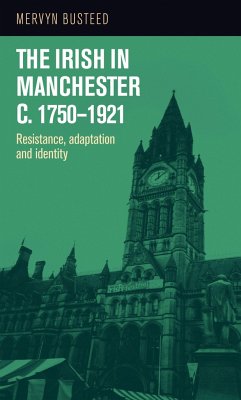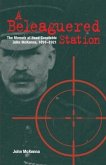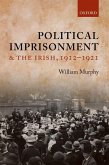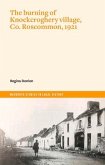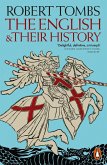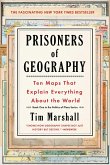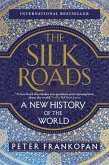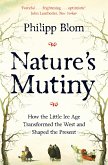This book examines the ways in which Irish immigrants to nineteenth-century Manchester strived to preserve and express their distinctive identity in the first British city to undergo the Industrial Revolution. Using extensive archival sources this book analyses how historic anti-Irish prejudice was renewed by making the Irish the scapegoats for the ills of urban industrial development and the strategies they devised to cope with an alien and hostile situation. It explores the extent of preservation of residential segregation in one strongly Irish district and the significance of the Catholic church as a source of spiritual comfort and a base for local organisations. The book investigates the ways in which the Irish sought to use the organisations and institutions which emerged in the city for their own distinctively Irish purposes, forming sometimes troubled alliances with local campaign groups such as trade unions and Chartists and the Liberal party. It also considers the contribution that elected Irish public representatives made to the wider civic life of the city as well as to their own community. There is detailed discussion of how the Irish utilised local traditions to preserve and perform their Irish identity in public events and how the ownership of such occasions was contested between groups with differing definitions of the nature of Irish identity. In particular the relationship between moderate nationalism and an increasingly assertive separatist tradition is traced, culminating in an open military campaign in the city. The book will be of interest to students and scholars of Irish studies and history and British urban studies.

